

Rural farmers in communities across sub-Saharan Africa are disproportionately facing much of the greatest threats associated with climate change. Extreme weather conditions (erratic rainfall, droughts, flooding, unprecedented temperatures) are altering weather patterns, resulting in significant negative impacts on livelihoods, food security, nutrition, and national economies. The climate injustices faced in the countries where Nuru works–Burkina Faso, Ethiopia, Ghana, Kenya, and Nigeria–are underscored by the meager contributions these five countries make to global greenhouse gas (GHG) emissions.
Nuru equips farmers to adapt to the impacts of climate change through climate-smart regenerative agriculture practices.
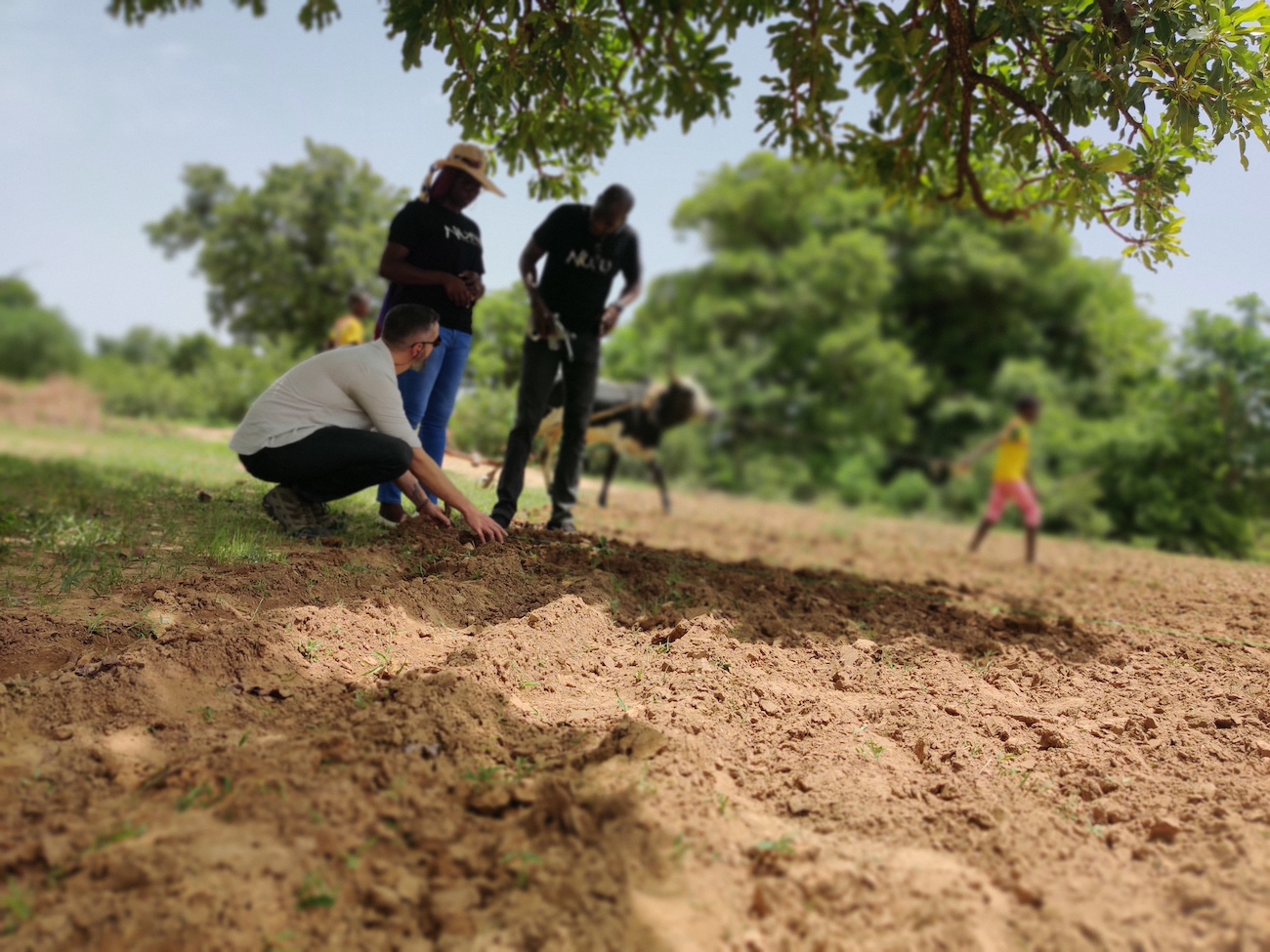
Nuru works in marginalized communities that have been impacted by or are increasingly vulnerable to conflict. As climate change decreases the amount of available land for farming, conflict is a risk many rural communities face. Additional vulnerabilities are created with government instabilities, high inflation rates, and the lack of meaningful choices inherent to extreme poverty.
Nuru is a nonpartisan organization that cultivates social cohesion and resilience to shocks by building sustainable agribusinesses, supporting good governance, and strengthening relationships between rural communities, government ministries, and the private sector.
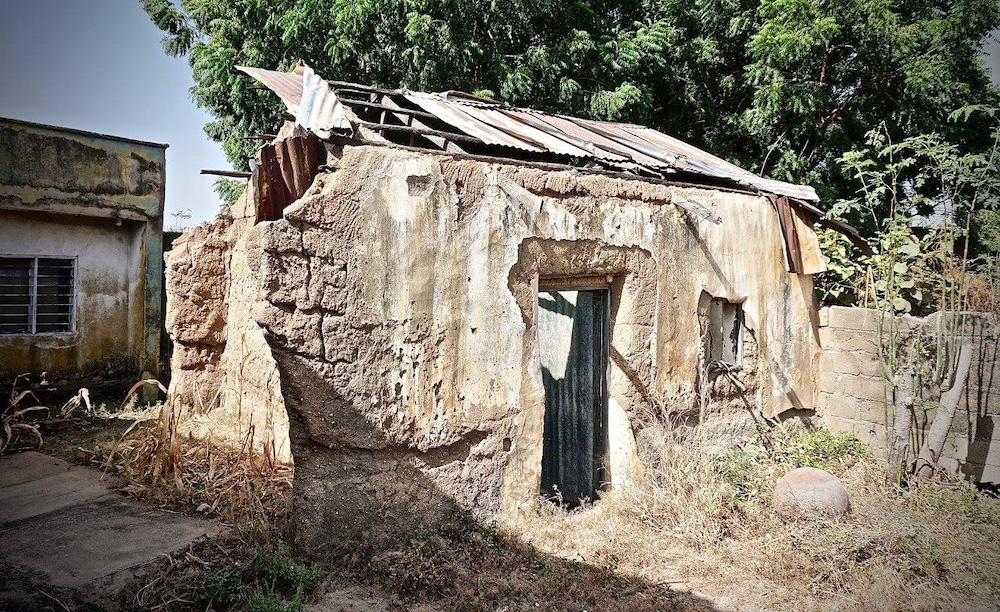
The World Bank defines extreme poverty as the state of a person living on less than $2.15 per day. Rates of extreme poverty have steadily fallen over the years; however, COVID and its resulting inflation, climate change, and conflict all threaten the progress that we have made as a global community. Extreme poverty drastically limits the options that people have for their lives, making it difficult to eat, cover medical expenses, live in adequate housing, or educate their children.
At Nuru, we believe that a pathway out of extreme poverty is possible, and we do not see extreme poverty as the summation of the lives of the people we serve.
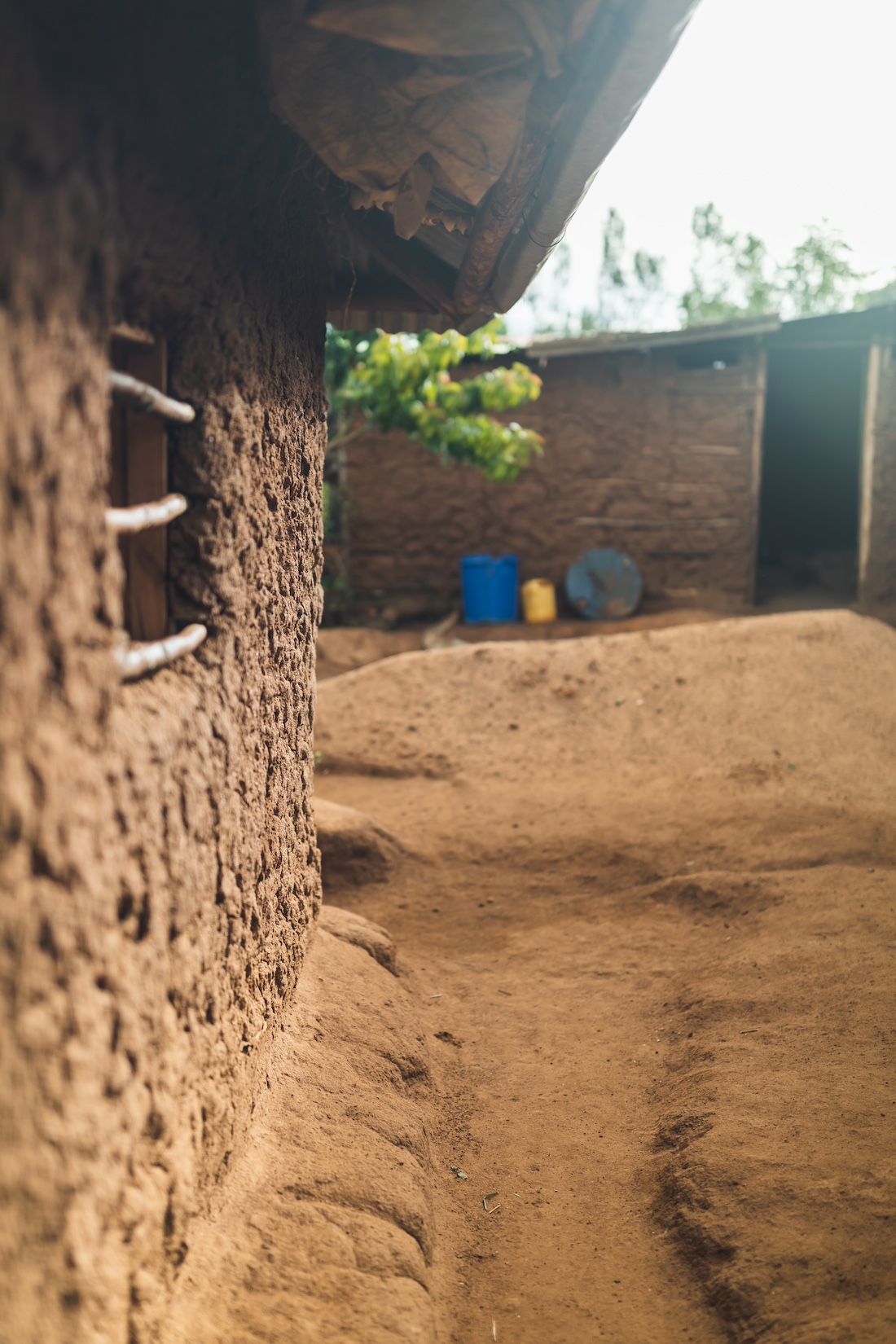
Women are disproportionately affected by the primary challenges we seek to address: extreme poverty, climate change, and conflict. Additionally, women are far less likely than men to be able to access the agricultural inputs and resources necessary to farm, despite representing a significant portion of the agricultural workforce across Africa. In Burkina Faso, Ethiopia, Ghana, Kenya, and Nigeria, women’s access to decision-making and opportunities to control their finances and futures remains limited.
At Nuru, we know that investing in women has manifold benefits for families, communities, and economies, particularly in the remote, rural regions we serve. We invest in women to positively change families, communities, and ultimately the world.
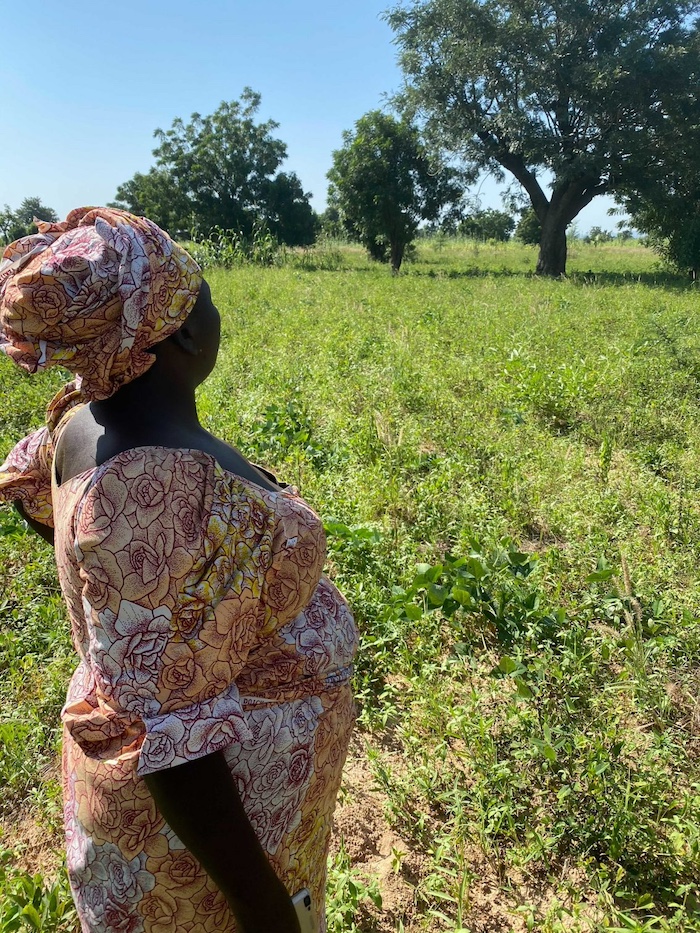
Our Solution
We create and connect organizations that cultivate local, independent agricultural businesses in fragile, conflict-impacted communities. We equip these communities to capitalize on their unified strengths, coming together to achieve lasting hope.
Be Part of the Hope
Give today to make a difference in the communities impacted by climate change, conflict, extreme poverty, and gender inequities.
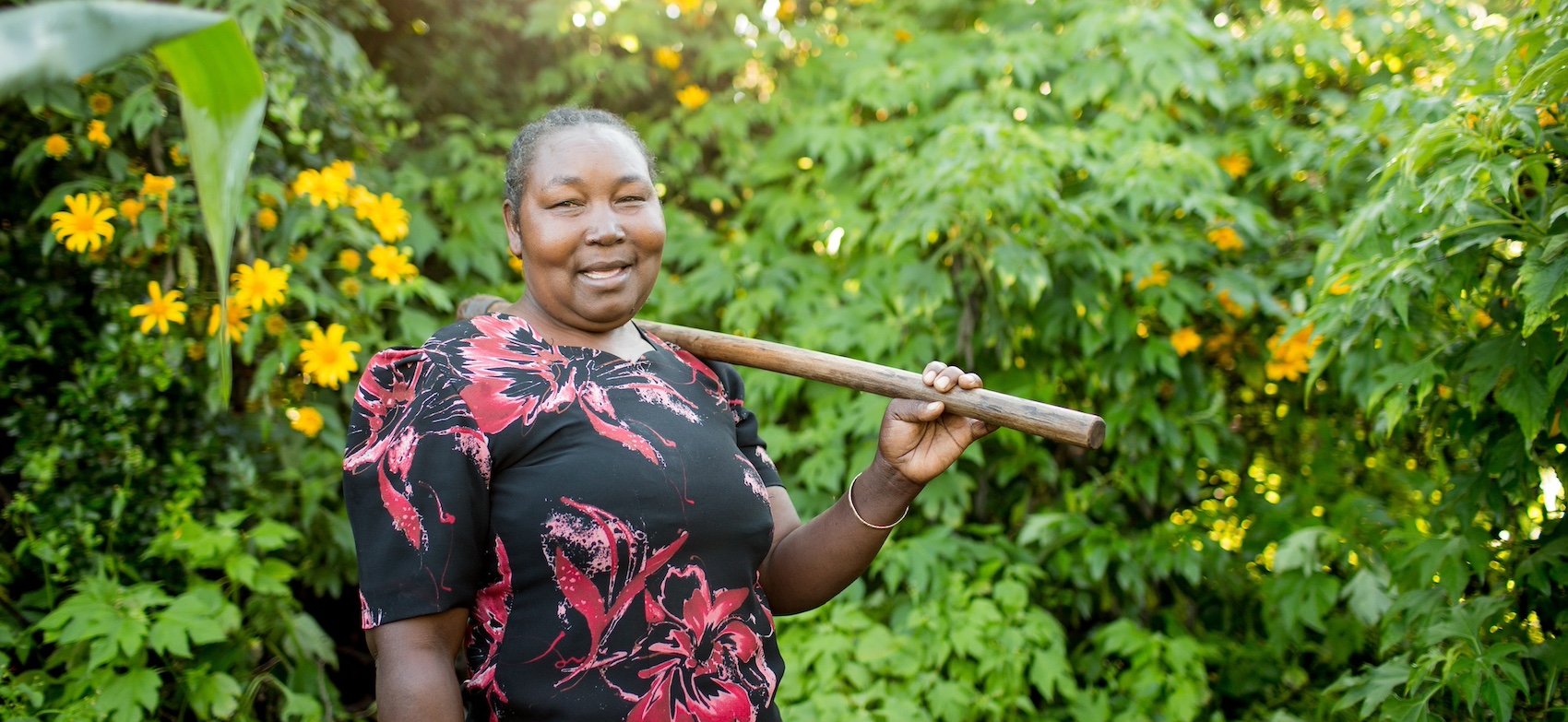
Nuru Kenya Woman Farmer, 2015

